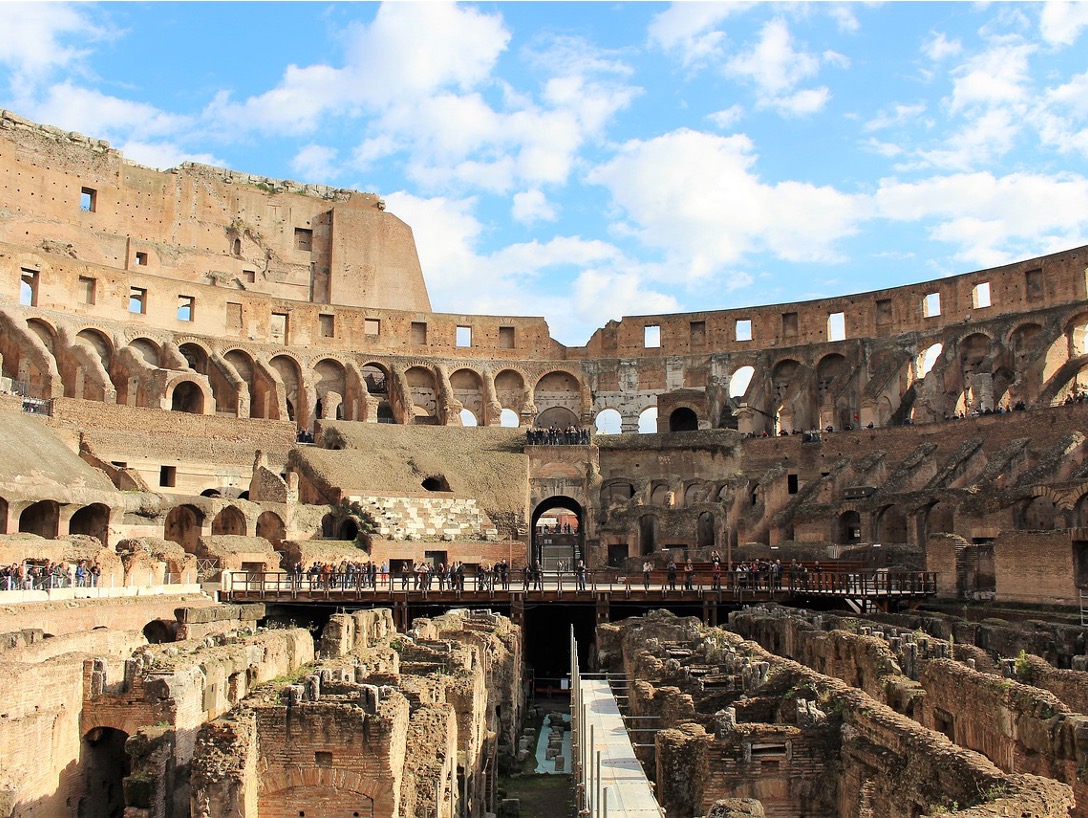On their first full day of class, 7th Grade Historians summarized what they had learned like this:
“We learned how to ask good questions.”
“… how to pause and think, then talk.”
“How to find a way to balance good questions with not being too long, like I ran out of time to tell my unicorn story.”
As they prepare to study World History this year, including investigating many of the world’s major religions, students started with some basics, like getting to know their tablemates, their teacher, and practicing cooperative learning strategies (think timed protocols which develop and reinforce the kinds of participation we hope to grow: thoughtful, critical, curious, attentive, acknowledging of others’ ideas, and succinct).
“How to find a way to balance good questions with not being too long, like I ran out of time to tell my unicorn story.”
In their first unit, students will study the Roman Empire, including its government, culture, art, structures and how its legacy influences humans around the world today. They will read a fun twist on the choose-your-own adventure type books many of us grew up with—Life as a Gladiator, by Michael Burgan, weaves many individual’s stories from a single time period, based entirely in primary sources, allowing student choice to direct the storyline as a way to get them curious about real lived experiences, in this case of people who lived as and who watched Roman Gladiators. After their brief Rome unit, students will study medieval Europe and feudalism and begin to compare and contrast these time periods with each other and with their own lives.

